Home Where the Law Doesn’t Reach": Uncovering Inheritance, Belonging and Survival in Zimbabwe’s Rough Neighbourhoods
Published in Social Sciences, Research Data, and Sustainability
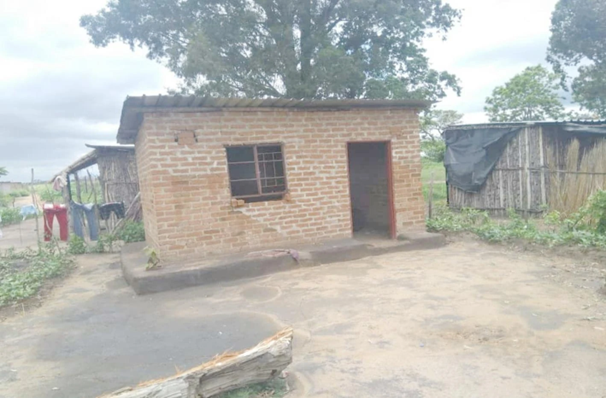
The Story Behind the Research
I was born and raised in Zimbabwe, a country where land has always been more than soil, it is power, memory, identity, and trauma. Yet, as an urban and migration studies scholar, I noticed something missing in our discussions: What happens to land when both law and kinship fail? What happens when migrants, stripped of citizenship and clan, must still pass on their piece of earth?
Lydiate is not just a research site, it mirrors the paradoxes of Zimbabwe’s urban and agrarian past. Once a farm compound, now a squatter settlement, it became a compelling site to explore statelessness, spatial entrapment, and intergenerational resilience.
Listening to Voices from the Margins
My participants were not just informants, they were teachers. I spoke to ageing farmworkers, widowed grandmothers, undocumented youth, and exhausted caregivers. They told stories that blurred the lines between kin and stranger, legality and morality. In Lydiate, the law was largely absent, but that didn’t mean rules didn’t exist. The community had its own codes of belonging: you inherited land not because you were a “legal heir,” but because you stayed, you cared, and you buried the dead.
Theoretical Lenses and Conceptual Innovations
I coined the term agile inheritance to capture this reality. It describes a mode of land succession that is relational, adaptive, and negotiated. It’s not based on patriarchal lineage or legal deed, but on vernacular governance, community recognition, symbolic acts, and moral legitimacy.
Lydiate is what I call a rough neighbourhood, a space marked by systemic exclusion but brimming with informal institutions. These are zones where state law falters, but social order persists.
Challenges in the Field
Working in a stateless, impoverished community came with serious ethical and emotional dilemmas. Some participants feared reprisal or eviction if they spoke out. Others had experienced deep loss of land, of family, of recognition.
I often found myself wrestling with questions of privilege. How do you write about people who have no legal identity, without erasing or sensationalising their existence? How do you represent their reality with dignity, not pity?
Key Findings
I found that inheritance in Lydiate didn’t follow any traditional or legal pattern. People inherited land:
- From children to parents (as gratitude or support)
- From sisters to siblings (especially after caregiving during illness)
- From in-laws (as solidarity or recognition)
- From grandchildren to grandparents (as reversal of care)
Importantly, inheritance happened not just after death, but during sickness, upon relocation, or as a reward for loyalty and care. This fluid, emotionally-driven system allowed a stateless community to maintain stability, continuity, and a sense of home, without paperwork or legal recognition.
Why It Matters
These findings disrupt many assumptions in urban planning and migration policy. They show that people can govern land effectively without formal institutions, and that sustainable development must recognise these informal systems, not override them. Agile inheritance speaks directly to Sustainable Development Goals (SDGs):
- SDG 11 (Sustainable Cities): by promoting inclusive, context-sensitive urban planning
- SDG 10 (Reduced Inequalities): by revealing exclusion based on legal status
- SDG 16 (Peace & Justice): by showing how legitimacy and justice can be community-driven
Reflections and Hopes
I hope readers come away with a deeper respect for the ingenuity and dignity of marginalised communities. The Lydiatians are not lawless, they are lawful in their own way. They are planners, custodians, and caregivers of land, even in a world that denies them citizenship. Their story urges policymakers to listen, not just regulate; to recognise, not just formalise; and to support, not just survey.
A Note to Fellow Researcher
To those working in politically sensitive or emotionally heavy spaces, go gently. Honour your participants. Share tea before data. Listen more than you write. The best theories are built from trust, not just transcripts. And remember: the margins are not empty, they are full of wisdom waiting to be respected.
Follow the Topic
-
Discover Sustainability

A multi-disciplinary, open access, community-focussed journal publishing results from across all fields relevant to sustainability research whilst supporting policy developments that address all 17 of the United Nations Sustainable Development Goals (SDGs).
What are SDG Topics?
An introduction to Sustainable Development Goals (SDGs) Topics and their role in highlighting sustainable development research.
Continue reading announcementRelated Collections
With Collections, you can get published faster and increase your visibility.
Economic Responses to Environmental Challenges: Evidence, Models, and Innovations
Environmental degradation, climate change, and resource scarcity have emerged as critical global challenges, posing significant threats to economic stability, public welfare, and sustainable development. These complex issues require not only technological innovation and policy reform but also a deep understanding of the economic mechanisms that drive environmental outcomes.
In response, this Collection focuses on how economies can effectively address these threats through data-driven research, advanced modeling, and strategic policy design. The issue brings together studies that apply econometric and statistical methods—such as time series analysis, panel regression, spatial econometrics, and simulation-based models like Integrated Assessment Models (IAMs) and Computable General Equilibrium (CGE) models—to assess environmental policies and measure their economic impacts. These analytical tools are used to quantify trade-offs, predict long-term outcomes, and guide decision-making under uncertainty. By bridging economics, environmental science, and public policy, this collection deepens the empirical and theoretical understanding needed to design effective responses. It strengthens the foundation for achieving environmental sustainability alongside economic resilience.
Publishing Model: Open Access
Deadline: Jun 30, 2026
Artificial Intelligence and Digital Innovation in Advancing Sustainable Development Goals
This Collection is expected to explore the role of Artificial Intelligence (AI) and digital innovation in improving progress toward the United Nations Sustainable Development Goals (SDGs). We aim to highlight interdisciplinary research, technological breakthroughs, and practical applications that leverage AI-driven tools, data science, and digital systems to tackle global challenges such as poverty, climate change, healthcare, education, and sustainable infrastructure. This Collection provides a platform for advancing responsible and inclusive innovation by closely bridging technology and sustainability.
This Collection supports and amplifies research related to SDG 9, SDG 11, SDG 12, SDG 13 & SDG 16
Keywords: Artificial Intelligence, Digital Innovation, Sustainable Development Goals, Smart Technologies, Data Science, Climate Action, Ethical AI, Smart Cities, Digital Transformation.
Publishing Model: Open Access
Deadline: Jun 01, 2026
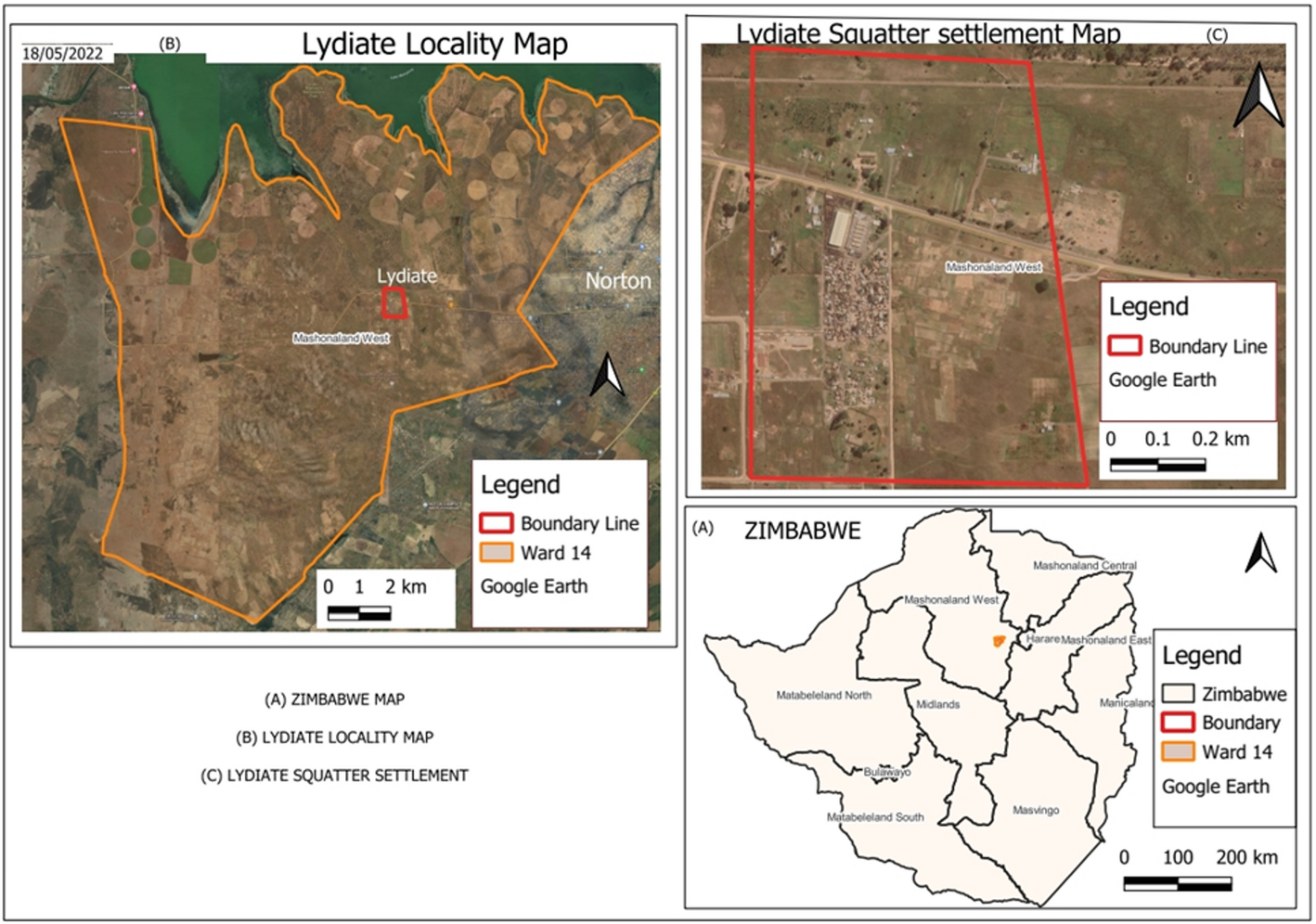
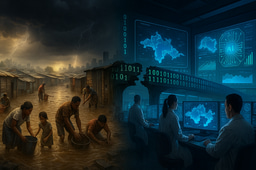
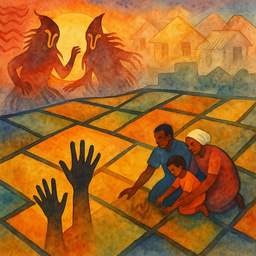
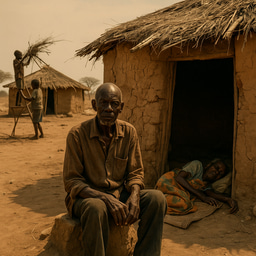
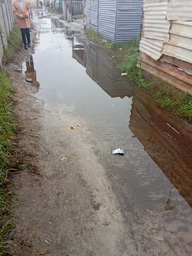
Please sign in or register for FREE
If you are a registered user on Research Communities by Springer Nature, please sign in